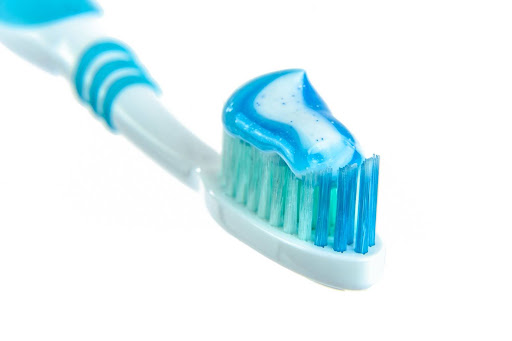
Tooth sensitivity can be an unwelcome intrusion, disrupting daily life with its sharp, unexpected jabs. At Harlem Family Dental, we understand the frustration and discomfort associated with this condition. In this blog post, we’ll delve into the intricacies of tooth sensitivity, shedding light on its causes and offering guidance on how to address it effectively.
One of the primary culprits behind tooth sensitivity is enamel erosion. Enamel, the sturdy outer layer of the tooth, serves as a protective shield for the underlying dentin and pulp layers. However, when enamel wears away, typically due to factors like acidic foods and beverages, tooth decay, or aggressive brushing, the dentin becomes exposed, leaving the tooth vulnerable to sensitivity. To combat enamel erosion, it’s crucial to adopt habits like limiting acidic food and drink consumption, adhering to proper oral hygiene practices, and opting for a soft-bristled toothbrush to safeguard the enamel.
Another common trigger for tooth sensitivity is gum recession. This occurs when the gum tissue around the tooth recedes, revealing the tooth’s roots. Periodontal disease, vigorous brushing, and genetic predispositions can all contribute to gum recession. To prevent this issue, maintaining optimal oral hygiene, using a gentle brushing technique, and steering clear of tobacco products are essential steps.
However, tooth sensitivity can also serve as a red flag for more serious dental concerns, such as a cracked or damaged tooth, cavities, or abscesses. If you experience tooth sensitivity alongside symptoms like toothache, swelling, or fever, it’s imperative to seek prompt dental attention. Ignoring these warning signs may lead to escalated dental issues down the line.
Fortunately, several strategies can help alleviate tooth sensitivity and restore comfort. Using desensitizing toothpaste, enriched with special ingredients to block pain signals, is a simple yet effective approach. Additionally, incorporating a fluoride rinse into your oral hygiene routine, steering clear of acidic foods and drinks, and maintaining excellent oral hygiene habits can all contribute to sensitivity reduction.
In cases where tooth sensitivity persists, more advanced treatment options may be necessary. These can include the application of fluoride varnish or gel to the affected teeth, bonding with resin material, or even a root canal procedure if nerve damage is present.
In summary, tooth sensitivity can stem from various factors, including enamel erosion, gum recession, and underlying dental issues. Seeking professional guidance from a dentist in Harlem is crucial for accurately diagnosing the root cause and devising an effective treatment plan. In the interim, implementing proactive measures to reduce sensitivity can enhance dental comfort and overall well-being. At Harlem Family Dental, we’re committed to providing personalized care to help you achieve a healthy, pain-free smile.














